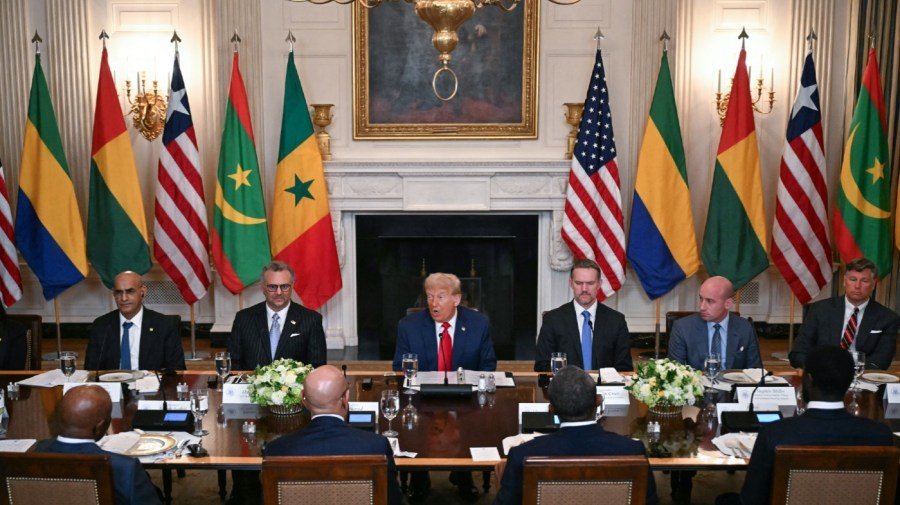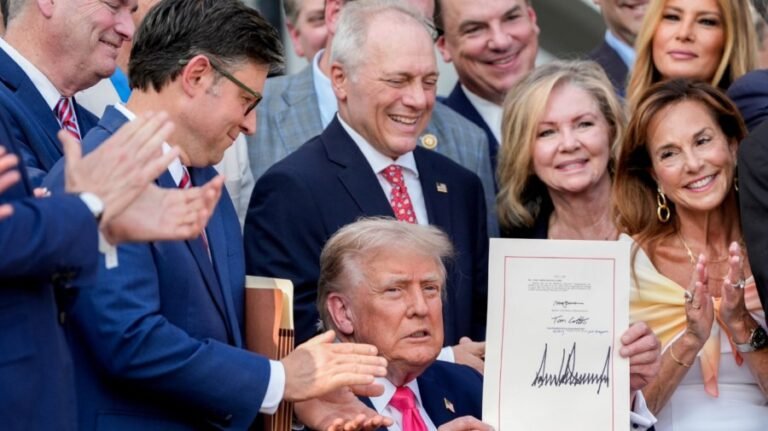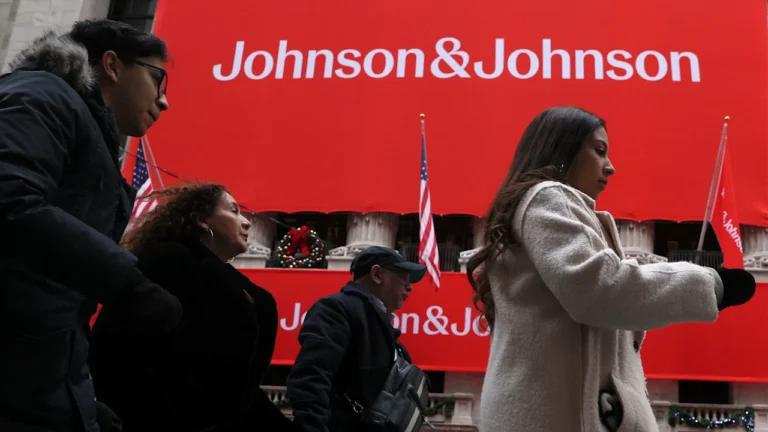
The dissolution of the U.S. Agency for International Development marks a seismic realignment in America’s approach to global development — shifting emphasis from traditional aid models to a greater focus on commercial partnerships grounded in mutual economic interest.
Developing nations have long called for closer U.S. trade ties and greater investment in infrastructure. Last month, President Trump made the pivot explicit during a meeting with five West African presidents: “We’re shifting from aid to trade.”
The need for stronger economic engagement is urgent. China now accounts for four times as much trade with Africa as the U.S. While China has been building industrial zones, a large amount of America’s past approach has been relying on inflexible five-year plans and virtue-signaling grants.
I experienced this contrast firsthand. In 2016, I founded Lori Systems, a logistics tech company in Africa. We were once offered a grant from a Western development finance institution, on the condition that half of our truck drivers be women. This condition made no sense, though. Less than 1 percent of truck drivers in their own country were women, to say nothing of the countries where we were working.
In contrast, Chinese investors who approached us asked us how an investment could accelerate their nation’s infrastructure goals. They focused on tangible outcomes, not performative ones.
U.S. foreign assistance has saved many lives and contributed to the stabilization of fragile states, but over time it became mired in bureaucracy and stagnation. The world has changed — and so must the nation’s approach.
As researcher Efosa Ojomo shows, prosperity stems from treating nations as commercial partners, not charity cases. This will unlock trade, stronger institutions and sustained growth.
Trump is pushing for a much needed forward-looking reengagement — an evolution that aligns U.S. strategic interests with emerging market economic outcomes. That means:
- Engaging countries as partners, not dependents; with skin in the game and measurable outcomes.
- Backing U.S. businesses to win on the global stage.
- Investing in strategic infrastructure that drives economic stability such as power, ports, fiber and cloud infrastructure aligned with U.S. interests.
- Preserving high-impact programs like the President’s Emergency Plan for AIDS Relief and the President’s Malaria Initiative, which have delivered unmatched, life-saving results and global health stability.
This approach isn’t charity — it’s smart foreign policy. Vietnam shows how trade can help lift nations while serving U.S. interests.
In 1995, nearly all Vietnamese lived in poverty and exports totaled only $5 billion. Over the next three decades, exports climbed to $400 billion, extreme poverty was reduced to almost zero, and two-way trade with the U.S. reached $113 billion — providing strong diversification to American supply chains.
As President Nguema of Gabon said last month, “We are not poor countries. We are rich countries when it comes to raw materials, but we need partners to support us and help us develop those resources with win-win partnerships.”
He welcomed the revised U.S. leadership doctrine but warned that in America’s absence “other countries might come instead of you.”
The old system frustrated many American taxpayers and disillusioned partner nations. A modern, pro-growth model is not only more respectful but also potentially more effective if done right.
Now is the moment the nation can shift from a dynamic of donors and recipients to one of partners pursuing shared interests. America’s private sector, one of history’s greatest engines of value creation, has the opportunity to drive lasting development across emerging markets and the world.
Joshua Sandler is the CEO of Truegov, a GovTech company. He previously built venture-backed businesses across Africa and advised governments on infrastructure, trade, tax policy and economic development.






